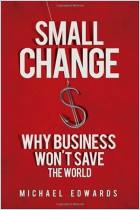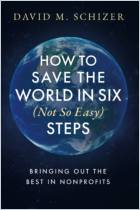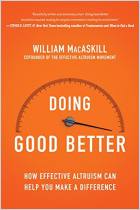
Money Well Spent
A Strategic Guide for Smart Philanthropy
Recommendation
Nonprofit enterprises make up a multibillion-dollar sector of the U.S. economy, yet their funding decisions are often shots in the dark. They make a lot of mistakes. Investments that initially seemed inspired do not produce positive, measurable results. Paul Brest and Hal Harvey aim to change all that. Their “strategic philanthropy” process aligns goals, strategy and implementation, and includes accountability and measurements. Their book is full of pertinent, real-world examples that help to bring their points home. Although the guide is theoretical and abstract in parts, getAbstract recommends it to foundation directors and program officers who are tired of wasting their organizations’ money.
Summary
About the Authors
Paul Brest is the president of The William and Flora Hewlett Foundation and a former Stanford Law School professor. He is the co-author of Problem Solving, Decision Making, and Professional Judgment. Hal Harvey was a director of The Hewlett Foundation’s Environment Program and is now president of ClimateWorks and of the New-Land Foundation.

















Comment on this summary